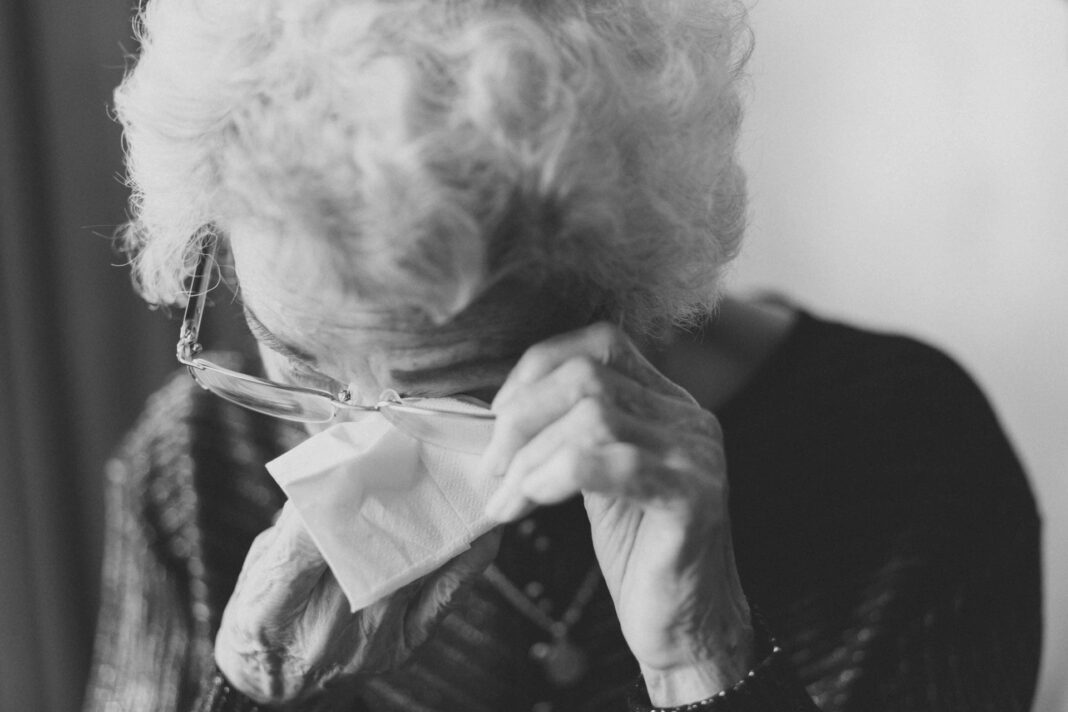UNITED STATES—There is a bit of a trend in my family where there have been members who have suffered from a debilitating disease: Dementia. Yes, you think it only happens to those who are ‘old’ or ‘elderly’ and that would be a major mischaracterization. How can I make that assertion? My stepfather who is in his mid-60s has early onset Dementia and it literally came out of nowhere.
He was working and fine one day, and the next thing you know, his memory just seemed to vanish into thin air. He wasn’t able to recall how to get home, he became agitated and resorted back to a time frame where he was under the assumption that both of his parents were alive. I don’t think individuals realize how difficult it is to care for someone that you’ve known most of your life, slowly feel as if they’re withering away and there is not much you can do to change that.
Has his condition gotten worse since the diagnosis nearly two years ago? Yes. He has to be watched around the clock, out of fear that he may wander off and if he was to do so, there is that concern we will not be able to find him. He does have this recollection of being late to work or disappointing his boss, unaware that he no longer works and his boss is not something he has to focus on.
I’ve noticed conversation is quite important and stimulating the brain is crucial to anyone who has early onset Dementia or that dangerous transition to Alzheimer’s Disease. Not occupying the brain is the worst thing for patients suffering from such illnesses. You cannot simply stick them in front of a TV and just let the TV occupy their time or the day. It doesn’t help them, converse with them, get them moving, try to do puzzles, let the brain do something to get synapses and neurons to start firing.
He has to be reminded to eat because his brain doesn’t just trigger it’s time to eat. At times you have to alert him that he has already eaten if he thinks he hasn’t. In addition, he has to be pushed to go to the restroom, otherwise you’re in a situation where he will pee or defecate on himself. It is a lot, and it is sickening that his insurance is not willing to cover in-house nurse care. The claim is that he isn’t fully there yet to where it requires a nurse.
My argument is that he has no recollection of eating, you have to tell him when to eat. A vast majority of the time he has trouble going to the restroom, he needs assistance washing up or bathing each day. And while verbal, his communication is minimal at best. A few words here and there, but nothing of massive substance where you can carry a full-fledged conversation with him like one was able to do in the past.
I studied the impacts of Dementia and Alzheimer’s Disease as a Sociology major for years. However, never in a million years did I expect I would be dealing with it with a family member much sooner than later. It is a chore, and this is not someone complaining, but voicing to the world the tasks that those who have parents or loved ones battling Dementia or Alzheimer’s Disease deal with on a daily basis.
There are no breaks it is something that is ongoing and it can be tough at time. It just raises that question: is there a cure for the disease, will we every find a cure and what can be done to push us in that direction to find a cure for a debilitating and I mean debilitating diagnosis that not many understand. We have to find a solution with all the research and money out there, there has to be some way to bring a value of life back to those who are suffering from such illnesses.
Written By Jason Jones






